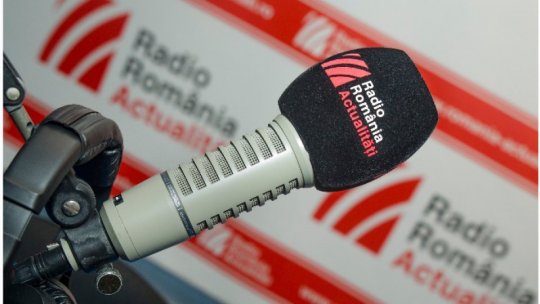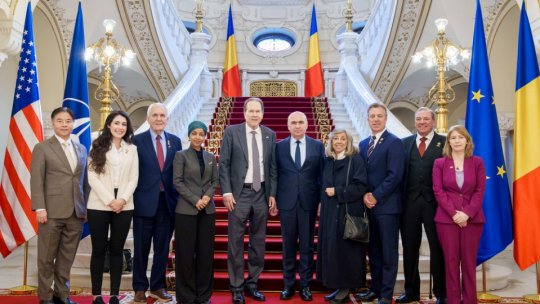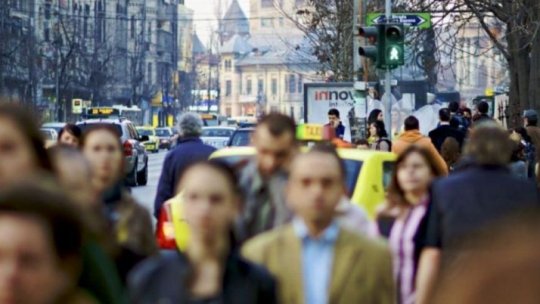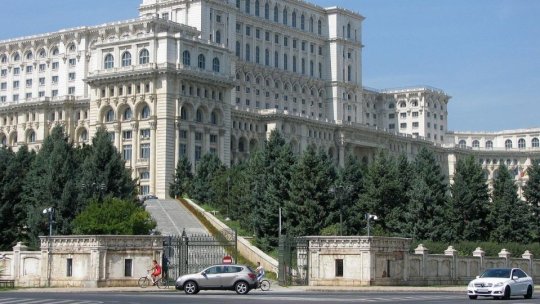Most part of the rural population of Romania "is poor"
A study conducted by the Institute of Quality of Life shows that almost all agricultural exploitations are individual subsisting farms and three quarters of the Romanians living in rural areas are poor.
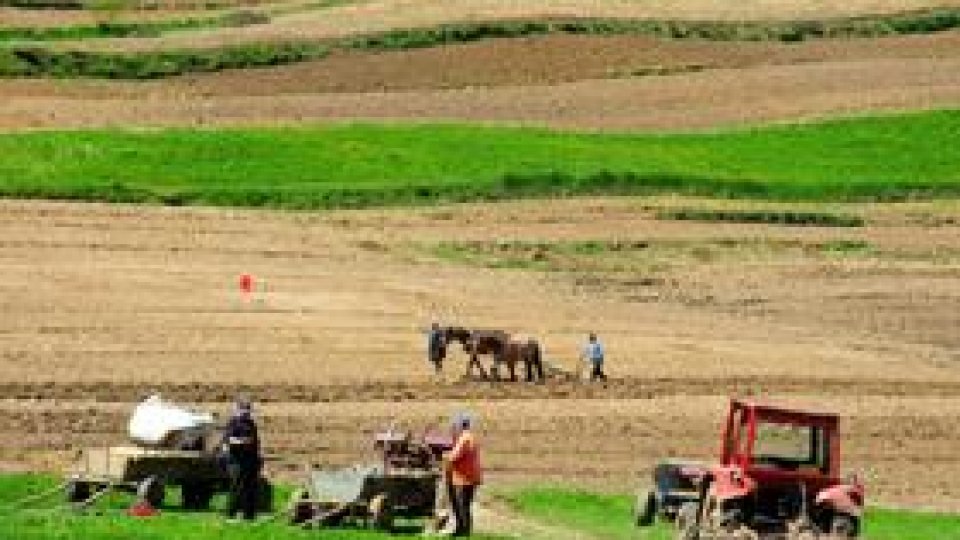
18 Iunie 2012, 15:18
75% of the Romanian rural population lives in poverty.
But it’s not so much a case of extreme poverty as it is of the more than often precarious conditions.
A field study conducted by the Social Economic Institute and the Institute for Research of Quality of Life (ICCV) indicates that almost all agricultural exploitations are individual subsisting farms.
Over a million persons are unemployed agricultural workers and, not least of all, a small number of people control almost half of the country’s argicultural area.
Claudia Petrescu, who works as a sociologist for ICCV, took part in the realization of the study and believes that this level of poverty is explained by the people who live in rural areas and don’t have any jobs in agriculture due to the fact that there aren’t any associations " because we have a predominantly subsisting agriculture and no associations between farmers to allow them to sell their products and have incomes".
Lately, people don’t seem to be associating any more.
There are no middle-sized agricultural exploitations, they are either very small or very big, with an area of over 100 ha.
Claudia Petrescu believes that a major cause is the population’s lack of trust in others.
"Neither these public policies have encouraged them to associate with others. Now there are many voices saying that it would be better to let them sell those terrains. That’s not a solution, the solution is for them to make partnerships, but I don’t know how we’re going to get them to do this.
There is also a case for partnerships regarding diversified products that will enable sellers to have a final integrated product of a higher value. The problem with the market is that there are no markets for their products "
"Look at the markets in major cities and cities in general, they are teeming with intermediaries, and in order for them to sell their products in a group of producers they need papers, and selling with papers means a 25 per cent VAT .
If they sell to their intermediaries, the price will probably be higher than if they sell it with papers, because the products would be very expensive at the market.
The intermediary buys it from the peasant without any paper and knows that if he keeps selling with the necessary papers in order to pay that 24 per cent VAT and the fact that he doesn’t associate, they can’t go to the market, sell and cultivate as well, in addition to work the land ", says Claudia Petrescu.
The shares of agricultural associations, fewer than before the admission to the EU
Emil Draghici, president of the Association of Counties of Romania, explains why we are in this situation.
"This is what was intended. This was the goal, because there aren’t any coherent policies or multi-annual budgets, and this has been our Society has been suggesting for several years, but it fell on deaf ears precisely so that the Government might use mayors like dependents on several sums of money that fell out of the sky. So at the moment the poverty situation is due only to the policies concening the development of the rural medium ", he said.
He explains why Romania has become the EU country with the most agricultural exploitations and why after the admission to the EU the shares of agricultural associations have become fewer.
"Given that agriculture doesn’t insure an adequate income, people have founded associations in order to do business, after which, systematically, it turned out that agricultural businesses aren’t profitable unless sustained through firm measures and national subventions or subventions from other resources, because we can clearly see the situations of other countries, where several agricultural businesses are powerfully subventioned so that the product or the business may be profitable for farmers ", he added.
Limited access to the markets
He believes that he has created a rural development strategy for the projects in partnership with the Ministry of Administration and Internal Affairs, and goes as far as to say that he can integrate this strategy in a coherent programme promoted by any mediatic means, because otherwise it will remain in the stage of a nice strategy without having been put into practice.
"Moreover, it was clear last year, after the project ended, that although it was a firm arrangement that it would be approved by the Government, the Government didn’t want to assume it and it was forgotten, the money was spent, but the plan wasn’t assumed by the Government through any decision ", he said.
The Romanian peasant has a limited access to the markets.
" I know that there are some points of view according to which the certificates of agricultural producer status are given to those who, allegedly, aren’t agricultural producers, leading to the situation in which some trades are masked and a fiscalization that I disagree with eliminated.
"We are involved in the sense that we release agricultural producer certificates only locally and give them only to persons who are producers for fear of causing these small producers to obtain this status from I don’t know what county institution, because at one point they will want to do this. So I can say that I did a good thing in this regard, but you see, not every good thing can make up for the numerous sorts of inadequate attitudes ", he added.
Translated by
Vlad Nichita and Denisse-Meda Bucura
MTTLC, Bucharest University




